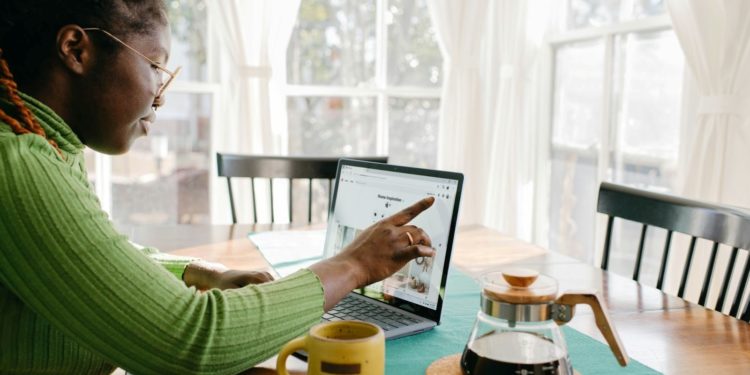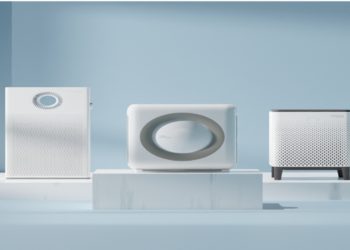With the advancement of technologies, families have become increasingly exposed to cyber threats. Addressing these risks requires practical solutions, with VPNs, or Virtual Private Networks, now widely regarded as an essential element in household online protection. Let’s examine why VPNs matter in today’s home setting, how they protect family data, and the key points to consider when adopting this technology.
Why VPNs Are Now Essential for Households
The number of connected devices in homes has grown rapidly over the past decade, with laptops, smartphones, smart TVs, and connected appliances all linked to home networks. Unfortunately, this trend has brought higher risks of hacking, data breaches, and identity theft. Home Wi-Fi may keep out casual intruders, but ISPs (Internet Service Providers) can still monitor and monetise browsing data. As a result, more families are seeking solutions that give them real control over their privacy.
Using a VPN is an effective way to safeguard household activity from ISPs, increasing the level of privacy and security. With this, knowing how to put vpn on router has become a valuable skill for anyone hoping to shield all their home devices from cyber threats.
How VPNs Protect Household Online Activities
A VPN encrypts all internet traffic from your home, sending it through secure, private tunnels. This means that outsiders, hackers, or even your own ISP cannot easily monitor or intercept what you do online. A VPN also masks your household’s IP address, making it much harder for third parties or criminal groups to profile your family members.
Modern VPNs often come with additional features such as:
- DNS leak protection: Stops your true location from being exposed.
- Kill switch: Cuts off your internet if the VPN connection drops, preventing data leaks.
- Zero-log policies: Ensure your data isn’t stored by the VPN provider.
As smart devices and IoT gadgets become commonplace at home, VPNs offer encrypted coverage for all gadgets, not just computers and phones. By configuring a router with a VPN, you can protect every device connected to the network at once.
The Latest Generation of Home VPN Solutions
Today’s VPN providers offer features designed specifically for household use. These include strong encryption for personal and financial information, protection across multiple device types, and bundled security options. Many providers now offer packages that include password management and parental controls alongside VPN functions. Additionally, advanced no-log and leak protection technology protects sensitive data, reducing the risk of exposure.
Practical Aspects and Limitations
Although VPNs greatly improve online safety, there are some limitations worth noting. VPNs alone do not block the threats of malware, ransomware, and phishing, so it’s important to combine VPNs with antivirus software, strong passwords, and multi-factor authentication.
While using VPNs, you may notice a small drop in speed, depending on the server location and the level of encryption used. However, top VPN brands now use faster protocols such as WireGuard, which can minimise any delay.
To increase transparency and trust, you should choose VPN services that are clear about their data practices, have a reliable reputation, and avoid free or unverified options. Some free services have been caught logging and misusing customer data, so be careful when choosing a VPN provider to make sure your data is not kept and used against your will.
VPNs as the Household Security Standard
With ongoing concerns about privacy and security online, VPNs have turned from niche privacy products into essential tools for everyday family life. They now connect effortlessly to a broad mix of home gadgets and increasingly come bundled with advanced security options.
Making a VPN part of your household security routine is a sensible move that helps protect each family member’s privacy, reduces risk, and brings peace of mind to daily internet use. Using VPNs can put control firmly back in your hands, helping ensure your home remains safe, private, and secure.













































































